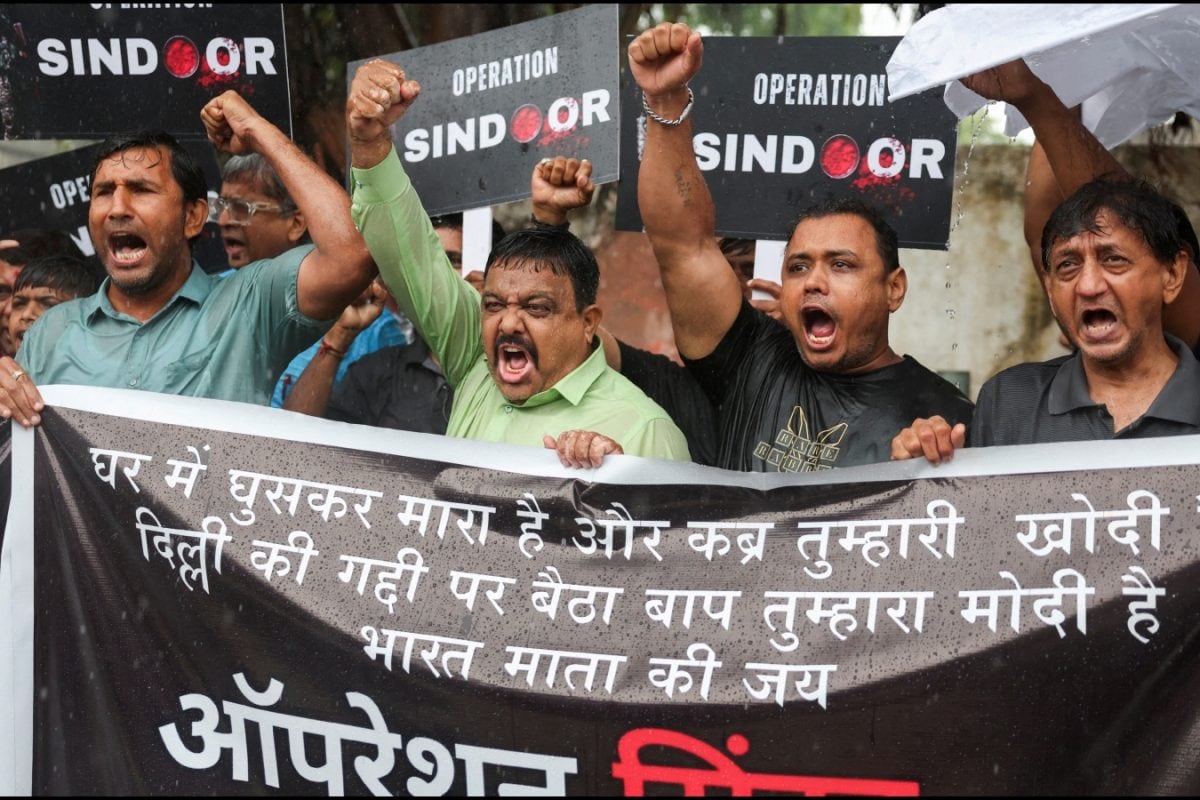

Amid rapidly escalating tensions between India and Pakistan, Turkish media sources have reported that the National Security Advisors (NSAs) of both countries have engaged in direct communication. This development comes in the wake of heightened military activity and escalating rhetoric following the April 22 attack in Pahalgam, Indian-administered Kashmir, where 26 people were killed. India has blamed Pakistan for the attack, alleging cross-border links, a charge Pakistan vehemently denies.
The recent tensions saw India launching strikes on what it called "terrorist infrastructure" in Pakistan and Pakistan-administered Kashmir. Pakistan, in turn, claimed that Indian strikes hit civilian areas, resulting in casualties. Pakistan further claimed to have shot down five Indian fighter jets, a claim India has yet to respond to. These events have triggered international concern and calls for de-escalation.
The reported communication between the NSAs, facilitated by Turkish mediation, could represent a crucial backchannel effort to manage the crisis. Experts suggest that historically, third-party mediation has played a significant role in de-escalating tensions between India and Pakistan, particularly in the absence of robust bilateral crisis management mechanisms. Countries like the US, China, the UAE, and Saudi Arabia have previously played this role. In the current situation, discreet backchannel facilitation might be the most viable approach to help both sides step back from the brink.
The situation remains highly volatile. India has conducted emergency readiness drills, including a temporary blackout in New Delhi, while Pakistan's National Security Committee has authorized its military to undertake "corresponding actions" against India. India's home minister has placed border states on high alert, instructing them to maintain essential supplies and services and to monitor anti-national propaganda. Twenty-one airports in northern India have been shut down for passenger flights until May 10. People in border villages in Punjab have started moving to safer areas.
Pakistan has accused India of endangering civilian aviation, alleging that 57 flights, including international flights, were in the air during the Indian strikes. Amid the escalating conflict, there are growing fears of a wider military confrontation. Pakistan's former NSA has warned that the lack of crisis mechanisms could spark a conflict.
Various countries have urged restraint and offered mediation. The Turkish Foreign Minister discussed the India-Pakistan situation with his Saudi Arabian counterpart. Switzerland has described the rising tensions as "alarming". The UK has called for de-escalation and protection of civilians. Russia has expressed "deep concern" over the escalation. The US President has offered assistance to help India and Pakistan stop the hostilities.
While Turkiye maintains close defense ties with Pakistan, including drone sales and joint fighter development, it has denied recent reports of sending military supplies to Pakistan amid the rising tensions. The coming days will be critical in determining whether the reported NSA talks can lead to a de-escalation of tensions and pave the way for a more peaceful resolution.